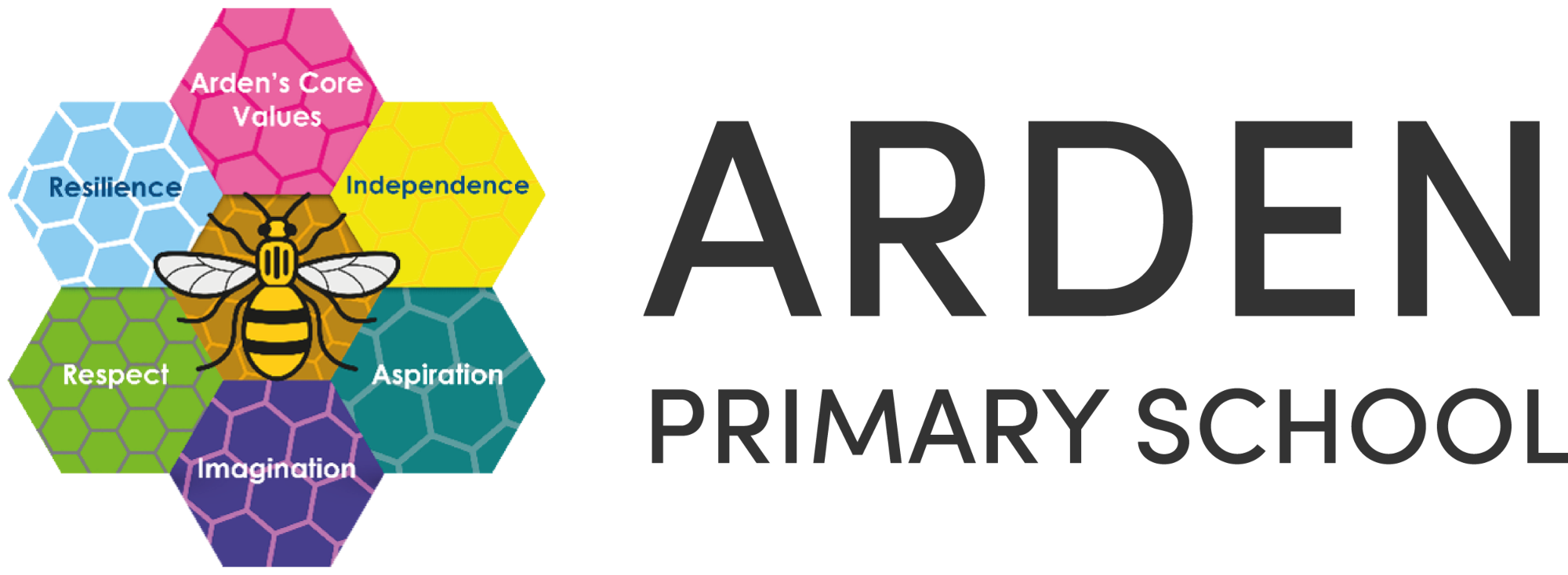Early Years
During the Early Years Foundation Stage (EYFS), children embark on an exciting journey in design technology, where they explore and utilise a diverse range of media and materials through both child-initiated and adult-directed activities. Our carefully crafted curriculum enables pupils to express their ideas creatively and to apply their understanding of materials in innovative ways, considering form, function, and purpose.
Children engage in purposeful construction, learning to plan and create using various resources. They develop essential skills in using simple tools and techniques safely and effectively. Our EYFS provision is designed to encourage exploration and experimentation, allowing children to select appropriate resources for their projects and adapt their work as necessary. Additionally, cooking and food preparation activities are integrated into the curriculum, promoting good health and hygiene practices.
Through hands-on experiences in 'Designing and Making', a key aspect of our Knowledge and Understanding of the World strand, children build a strong foundation in design technology. By the end of the EYFS, most children will be competent in constructing with a purpose in mind, using a range of materials and tools. They will be equipped with the skills to select and adapt resources effectively, fostering their creativity and critical thinking.
Design Technology in Years 1 - 6
In Years 1 to 6, our design and technology curriculum empowers children to engage in an iterative process of designing and making through a variety of creative and practical activities. Following the National Curriculum, we equip students with the essential knowledge, understanding, and skills needed to innovate and solve problems.
Design: Pupils learn to conduct research and develop design criteria to create innovative products that are fit for purpose. They are encouraged to generate, develop, model, and communicate their ideas through various methods, fostering creativity and critical thinking.
Make: As they progress, children select and use a wider range of tools and equipment with increasing accuracy. They gain experience working with diverse materials and components, enhancing their practical skills and craftsmanship.
Evaluate: Students investigate and analyse existing products, learning to evaluate their own ideas and creations against established design criteria. They also consider the views of their peers, fostering a collaborative and reflective approach to design.
Technical Knowledge: Children apply their understanding of how to strengthen, stiffen, and reinforce more complex structures. They explore mechanical and electrical systems, and use computing skills to program, monitor, and control their products, bridging the gap between traditional and modern design technology.
Our curriculum is thoughtfully mapped across year groups to ensure progression in key skills and knowledge. By contextualising their learning with real-life problems to solve and specific examples, children develop a comprehensive understanding of design and technology. Lessons are taught in blocks, allowing for focused learning and deeper engagement with each unit of work.
